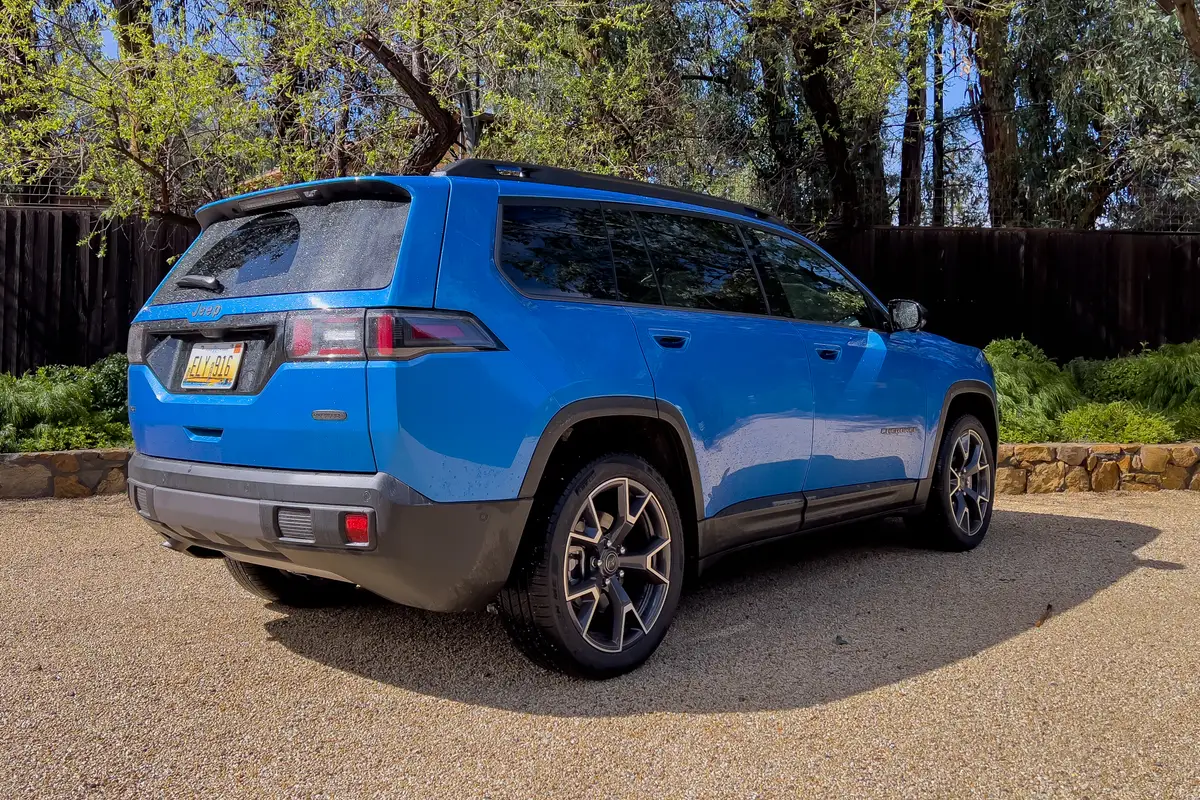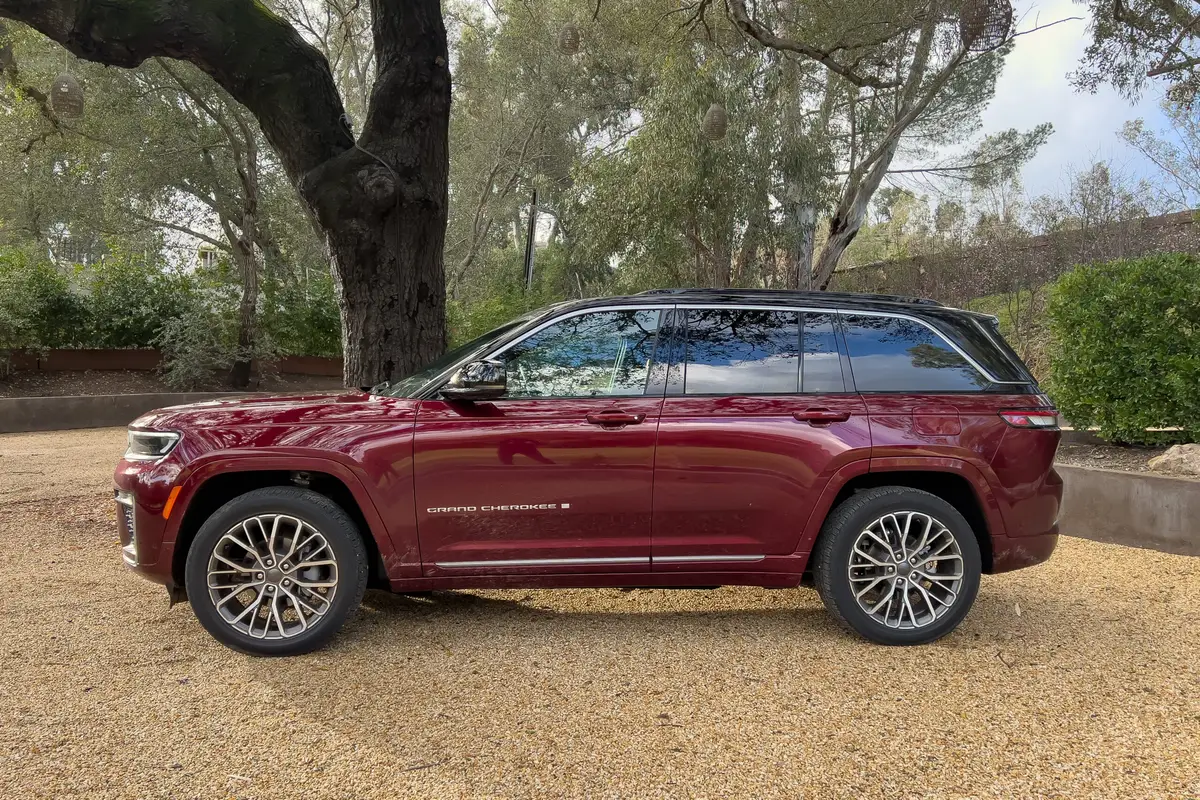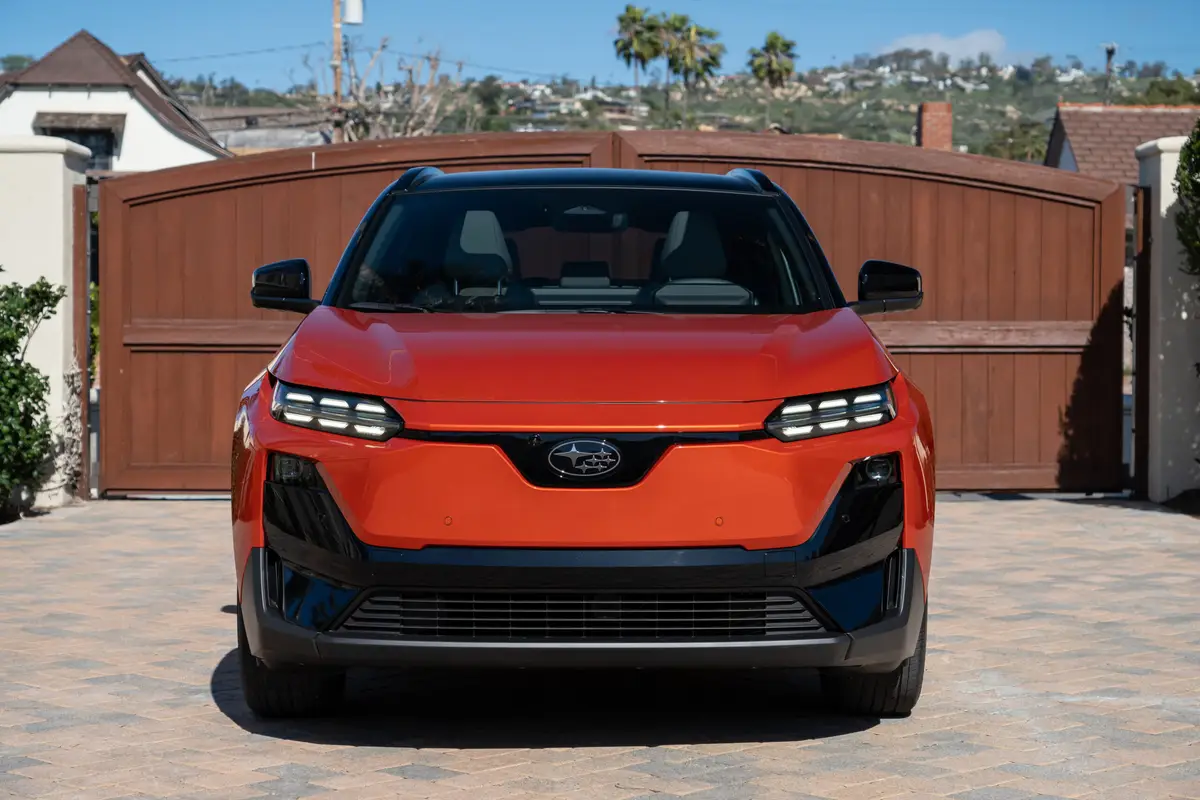washingtonpost.com's view
THE TALK was about Bill Clinton, and whether he would do something to encourage people to buy the kind of vehicle that was bringing us home from New York. It was a rolling forum, held in a 1993 Toyota Corolla DX wagon, loaded with three college students and their undone laundry.
Consensus gave thumbs up to the compact wagon, which was surprisingly comfortable and quiet. But Clinton got a round of raspberries from the traveling scholars, who couldn’t understand how the president-elect expects to save gas by selling it below world-market prices.
“Doesn’t make sense,” said Arden, the undergraduate economist. “He wants people to use less gasoline,” but he doesn’t embrace a gas tax. “Why would people use less of what they can get cheap?”
Binta, the musician-turned-aspirant lawyer, had another question: “Would more people buy fuel-efficient vehicles if they had to pay more for gas?”
Empirical observation at turnpike gas pumps offered an answer: Maybe. Price-sensitive buyers, many of them holiday homebound students, seemed content to run the road in small vehicles such as the Corolla DX wagon. Also, those buyers seemed less inclined to say: “Fill ‘er up!”
But there were far more gas hogs than fuel-sippers at the pumps. There were big sport-utility vehicles and vans, plenty of mid-size and full-size sedans, and a rich sampling of thirsty sports cars, many of which were sucking up premium unleaded at less than $1.50 a gallon.
Tony, one of the few college dudes I know who actually wants to be a high school teacher, thought there was a lesson in what we saw at the service stations. “People want things that are good for the environment as long as somebody else pays to get them,” he said, which made me laugh. I was thinking about the dirty laundry we were hauling home from New York.
Background: Toyota’s Corollas are no longer subcompact vehicles. Both the Corolla car and wagon have grown to compact models, providing more space for passengers and cargo. Still, these front-wheel-drive machines remain economy vehicles, though a buyer’s yen for options can push them into the pricey range.
The Corolla car (test driven in “Wheels” on Oct. 30, 1992) comes in several forms: the base Corolla Standard, the better-equipped DX and the top-line LE. The Standard sedan’s engine is a 1.6-liter, in-line, four-cylinder, 16-valve job rated 105 horsepower at 5,800 rpm. The DX and LE come with a 1.8-liter, four-cylinder, 16-valve engine rated 115 horsepower at 5,600 rpm.
However, the Corolla wagon comes one way, as a DX model with the 1.8-liter engine.
Complaints: Manually operated sideview mirrors on the DX wagon. I hate ’em. They’re a pain to adjust.
Praise: I expected the wagon — because it is a wagon — to be a lot less fun to drive than the Corolla sedan. I was wrong. Even loaded with people and cargo, the five-passenger DX wagon zipped along turnpikes and moved through traf fic with admirable rhythm. And the thing was very quiet. Flush body edges and exterior moldings, tighter-fitting doors and the use of foam rubber in the DX wagon’s body cavities helped to keep noise under control.
A driver’s-side air bag is standard on all Corolla models. Very decent cargo space, 31.4 cubic feet with rear seats up, is standard in the DX wagon.
Head-turning quotient: The wagon is actually more attractive than the sedan, but it still falls in the “pleasantly boring” category.
Ride, acceleration and handling: Overall excellence. Really impressive handling, especially under load. Credit the wagon’s four-wheel independent suspension system, outfitted with MacPherson struts and stabilizer bars front and rear. Brakes included ventilated front discs and rear drums with optional anti-lock backup.
Sound system: Four-speaker AM/FM stereo radio and cassette with optional compact disc deck, installed by Toyota. Excellent.
Mileage: About 30 t the gallon (13.2-gallon tank, estimated 384-mile range on usable volume of regular unleaded), mostly highway, running with four occupants and about four hundred pounds of cargo. The wagon was equipped with an optional four-speed automatic transmission.
Price: Base price on the DX wagon with standard five-speed manual is $12,978. Dealer’s invoice on that model is $11,160. Your price goes to $13,778 with automatic transmission, and the dealer’s price rises to $11,849. Price as tested for the automatic DX wagon is $15,418, including $825 for the optional anti-lock brakes, $490 for the optional sound system and a $325 destination charge.
Purse-strings note: It’s a buy, particularly if you control your appetite for options that do not improve safety or drivability. Compare with Saturn, Ford Escort/Mercury Tracer, Subaru Loyale and Chevrolet Cavalier compact wagons.
Latest news



